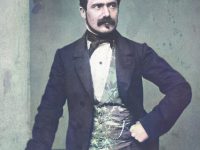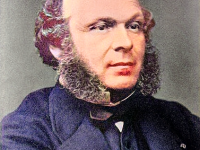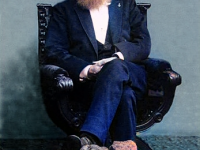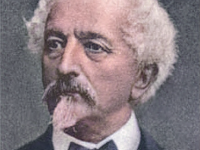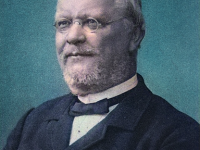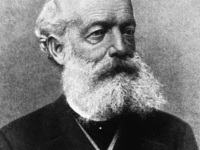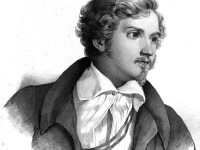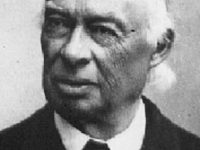Max von Pettenkofer – the Apostle of Good Water
On December 3, 1818, Bavarian chemist and hygienist Max Joseph von Pettenkofer was born. In his early career worked on industrial chemical processes and analysis of urine and bile acids, but today he is remembered in connection with his work in practical hygiene, as an apostle of good water, fresh air and proper sewage disposal. He also developed standards for adequate ventilation in schools and hospitals. “From time to time we send our underwear to…
Read more

